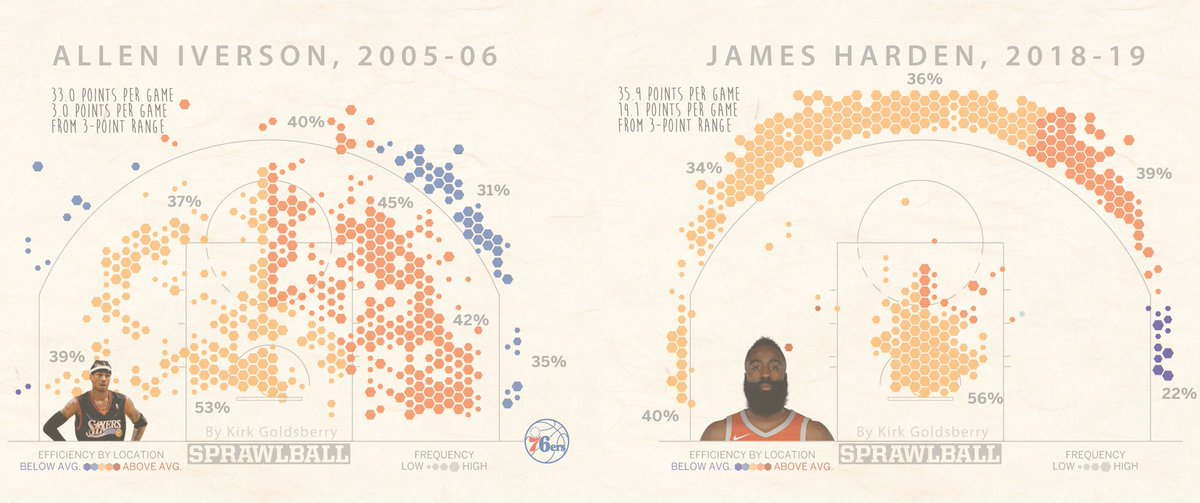Selected Publications (Google Scholar)
- Daub, E. G. et al. Technical overview and architecture of the FastNet Machine Learning weather prediction model, version 1.0. 2025. [Report].
- Dunston, T. et al. FastNet: Improving the physical consistency of machine-learning weather prediction models through loss function design. 2025. [Pre-print].
- Chan, R.S.Y., Nanni, F., Lazauskas, T., Wood, R., Yong, P., Tarassenko, L., Girolami, M., Geddes, J., Duncan, A. Retrieval-augmented reasoning with lean language models. 2025. [Report].
- Bowler, E., Byrne, J., Leclerc, L.M., Roberto-Charron, A., Rogers, M.S.J., Cavanagh, R.D., Harasimo, J., Lancaster, M.L., Chan, R.S.Y., Strickson, O., Wilkinson, J., Downie, R., Hosking, J.S. and Andersson, T.R. AI sea ice forecasts for Arctic conservation: A case study predicting the timing of caribou sea ice migrations. 2025. Ecological Solutions and Evidence. [Paper].
- Chan, R.S.Y., Nanni, F., Brown, E., Chapman, E., Williams, A.R., Bright, J., Gabasova, E. Prompto: An open source library for asynchronous querying of LLM endpoints. 2025. In Proceedings of the 2025 Conference of the Nations of the Americas Chapter of the Association for Computational Linguistics: Human Language Technologies. [Paper].
- Williams, A.R., Burke-Moore, L., Chan, R.S.Y., Enock, F.E., Nanni, F., Sippy, T., Chung, Y.L., Gabasova, E., Hackenburg, K., Bright, J. Large language models can consistently generate high-quality content for election disinformation operations. 2025. PLoS ONE. [Paper].
- Alam, N., Kanjula, K.R., Guthikonda, S., Chung, T., Vegesna, B.K.S., Das, A., Susevski, A., Chan, R.S.Y., Uddin, S.M., Islam, S.B., Santhosh, R., Sharma, D., Liu, C., Chaturvedi, I., Winata, G.I., Mukherjee, S., Aji, A.F. 2025. In CVPR 2025 Workshop Vision Language Models For All. [Paper].
- Tseriotou, T., Chan, R.S.Y., Tsakalidis, A., Bilal, I.M., Kochkina, E., Lyons, T., Liakata, M. Sig-Networks Toolkit: Signature Networks for Longitudinal Language Modelling. 2024. In Proceedings of the 18th Conference of the European Chapter of the Association for Computational Linguistics: System Demonstrations. [Paper].
- Mougan, C., Plant, R., Teng, C., Bazzi, M., Ejea, A.C., Chan, R.S.Y., Jasin, D.S., Stoffel, M., Whitaker, K.J. and Manser, J. 2023. How to Data in Datathons. In 37th Conference on Neural Information Processing Systems (NeurIPS 2023) Track on Datasets and Benchmark. [Paper].
- Chan, R.S.Y., Johansen, A.M., Pollock, M., and Roberts, G.O. 2023. Divide-and-Conquer Fusion. The Journal of Machine Learning Research. [Paper].

